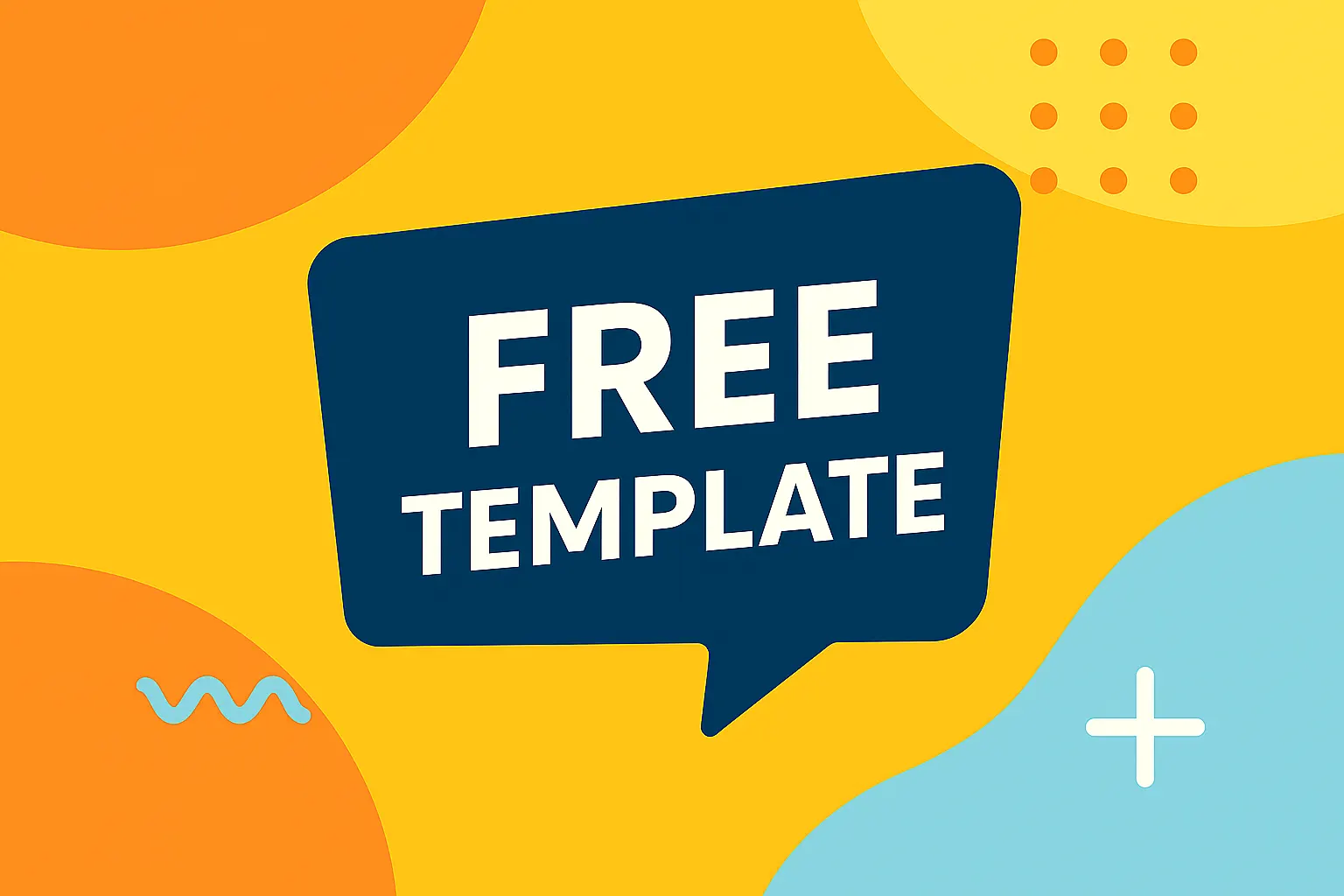Introduction
Want to turn your WordPress website into a powerful online store? That’s exactly what WooCommerce helps you do — for free. With over 5 million active installations, WooCommerce is the most popular eCommerce solution on WordPress, offering flexibility, scalability, and complete control over your online business.
This comprehensive guide will walk you through how to set up WooCommerce on WordPress, step by step. Whether you’re selling physical products, digital downloads, or services, this tutorial is tailored to help beginners launch their WooCommerce store in 2025.
What Is WooCommerce?
WooCommerce is a free, open-source plugin that turns your WordPress website into a fully functioning eCommerce store. Developed by Automattic (the company behind WordPress.com), WooCommerce lets you sell:
- Physical goods
- Digital products
- Subscriptions
- Bookings
- Services
Key Features:
- Seamless WordPress integration
- Highly customizable with themes and plugins
- Secure and scalable
- Large community and support base
Requirements Before You Begin
Before you install WooCommerce, ensure your WordPress setup meets the following criteria:
- WordPress Version: 6.0 or later
- PHP: 7.4 or later
- HTTPS-enabled website (SSL Certificate)
- A WooCommerce-compatible theme (e.g., Storefront, Astra, Kadence)
- Basic understanding of how WordPress works
Installing WooCommerce on WordPress
Step-by-Step Installation:
1. Login to WordPress Dashboard
2. Go to Plugins > Add New
3. Search for “WooCommerce”
4. Click Install Now
5. After installation, click Activate
Once activated, WooCommerce automatically launches the Setup Wizard.
Initial Setup Wizard Explained
The WooCommerce Setup Wizard helps configure the basics of your store.
Sections in the Wizard:
- Store Details
Address, city, country, and currency
- Industry
Choose what industry your store operates in (e.g., Fashion, Electronics)
- Product Types
Physical products, downloads, or subscriptions (some require paid extensions)
- Business Details
- Number of products
- Selling locations
- Experience level
- Theme
- Choose to keep your existing theme or install a WooCommerce-ready theme
- You can skip or revisit any step later through the WooCommerce settings.
Adding Products to Your Store
Step 1: Go to Products > Add New
Step 2: Fill in the Product Details:
- Title and Description
- Product Image and Gallery
- Price (Regular and Sale)
- SKU (Stock Keeping Unit)
- Inventory settings
- Shipping options (Weight, dimensions, shipping class)
- Product Categories and Tags
Step 3: Publish
Use the block editor or Classic Editor based on your setup. Preview products before going live.
Setting Up Payments
Go to: WooCommerce > Settings > Payments
WooCommerce offers multiple options:
- Stripe – Credit/debit card payments
- PayPal – One of the most trusted online payment methods
- Cash on Delivery
- Bank Transfers
- Razorpay, Square, Apple Pay, etc. via extensions
- Configure and enable the desired gateway. You’ll need API keys for most processors (Stripe, PayPal, etc.).
Shipping Configuration
Go to: WooCommerce > Settings > Shipping
Steps:
1. Add Shipping Zones (e.g., USA, Europe, Worldwide)
2. Define Shipping Methods:
- Flat Rate
- Free Shipping
- Local Pickup
3. Set Shipping Classes for different product types
4. Enable Real-Time Shipping Calculators using carrier extensions like FedEx, USPS, DHL
Use Table Rate Shipping plugin for advanced rules (e.g., weight-based, cart total).
Tax Settings
Enable Taxes:
Go to WooCommerce > Settings > General
Check Enable tax rates and calculations
Configure Tax Options:
- Choose how prices are entered (inclusive or exclusive of tax)
- Select standard, reduced, and zero rates
- Enable automatic tax calculations using Jetpack or TaxJar
Make sure you follow local tax regulations or consult a tax professional.
WooCommerce Essential Pages
Upon installation, WooCommerce creates the following key pages:
- Shop – Displays products
- Cart – Shows selected items
- Checkout – Where customers enter billing/shipping details
- My Account – Customer dashboard
- Thank You Page – After a successful order
You can find and edit these under Pages > All Pages.
Recommended Plugins for WooCommerce
Boost your store’s functionality with these trusted plugins:
- WooCommerce PDF Invoices & Packing Slips – Auto-generate receipts
- WooCommerce Subscriptions – For recurring billing
- Advanced Coupons – More flexible discount options
- WooCommerce Stripe Gateway – Accept card payments
- MailPoet or Klaviyo – Email marketing automation
- WooCommerce Multilingual – For international stores
- Yoast SEO for WooCommerce – SEO-optimized product pages
Optimizing Your WooCommerce Store
To ensure a smooth user experience and higher conversions:
Optimize Speed
- Use caching plugins (e.g., WP Rocket)
- Compress product images (WebP format)
- Choose a fast WooCommerce theme
Mobile Responsiveness
- Over 60% of shoppers use mobile—test your store with Google’s Mobile-Friendly Test.
Use SEO Best Practices
- Optimize product titles and meta descriptions
- Use product schema for rich snippets
- Create helpful content around your products
Secure Your Store
- Use SSL
- Enable reCAPTCHA for login forms
- Install a security plugin (e.g., Wordfence)
Final Tips and Going Live
Before launching:
- Place a test order
- Check mobile layout
- Configure email notifications
- Review all tax and shipping settings
- Enable maintenance mode plugin while building
Once everything is tested and optimized, it’s time to go live and start promoting your store!
Ready to start selling online? Set up WooCommerce on WordPress today and turn your website into a powerful, customizable online store!
Pexr – Responsive Multipurpose WordPress Theme on Template Monster
Launch your next big project with Pexr — the all-in-one WordPress theme designed for performance, flexibility, and stunning design. Get it now and build with confidence!

